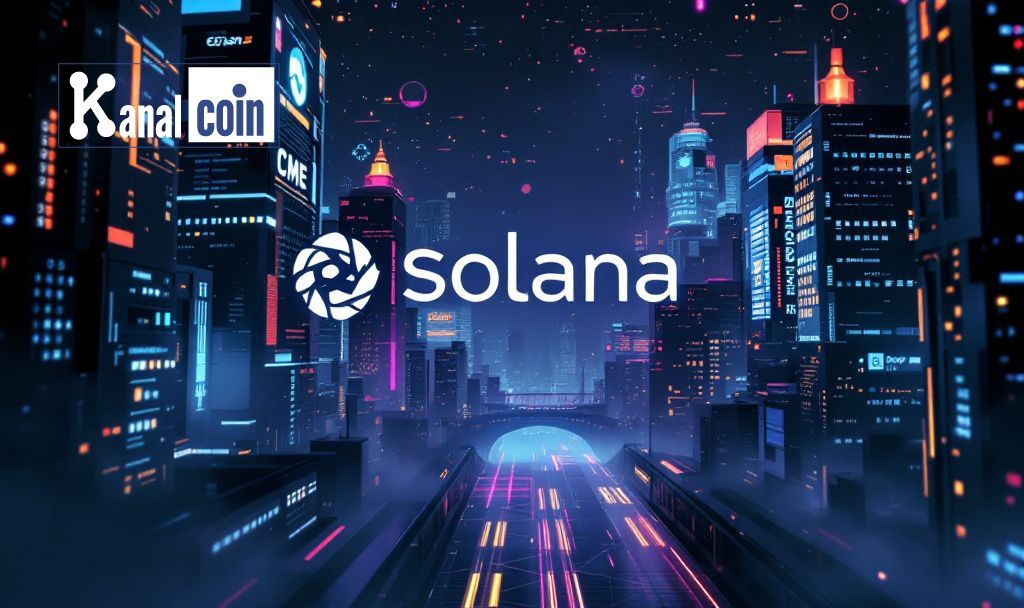
Former OpenAI employees have filed an amicus brief opposing the company’s transition to a for-profit model, highlighting concerns about its potential impact on the organization’s original mission.
The transition of OpenAI to a for-profit model could significantly alter its operational and ethical landscape, eliciting mixed reactions from the tech community and stakeholders.
Ex-OpenAI Staff Challenge For-Profit Shift
The amicus brief filed by ex-OpenAI employees underscores the shift in the company’s objectives. Originally a non-profit, OpenAI aims to democratize access to AI, now pursues profitability.
Former staff, including those involved in early developments, challenge this, fearing loss of ethical direction. The brief outlines potential risks of prioritizing revenue over mission. Elon Musk, CEO, SpaceX and Tesla, criticized, “This transition is an abandonment of OpenAI’s original nonprofit mission, prioritizing investor returns over AI safety.”
AI Community Divided Over Profit Motivation
The filed brief has stirred a debate within the AI community. Some stakeholders argue that a for-profit model could drive innovation, while others express concerns over ethical compromises.
Insights suggest financial implications of this shift could affect investor confidence. Historical trends indicate the potential for increased regulatory scrutiny as AI capabilities expand.
Parallels with Google’s Mission vs. Profit Debate
The concern mirrors past debates in tech over missions versus profits. Notables like Google previously faced similar scrutiny over their operational changes concerning public expectations.
Experts from Kanalcoin note that such transitions tend to bring both challenges and opportunities. Based on historical trends, OpenAI’s path could influence future AI governance norms.









